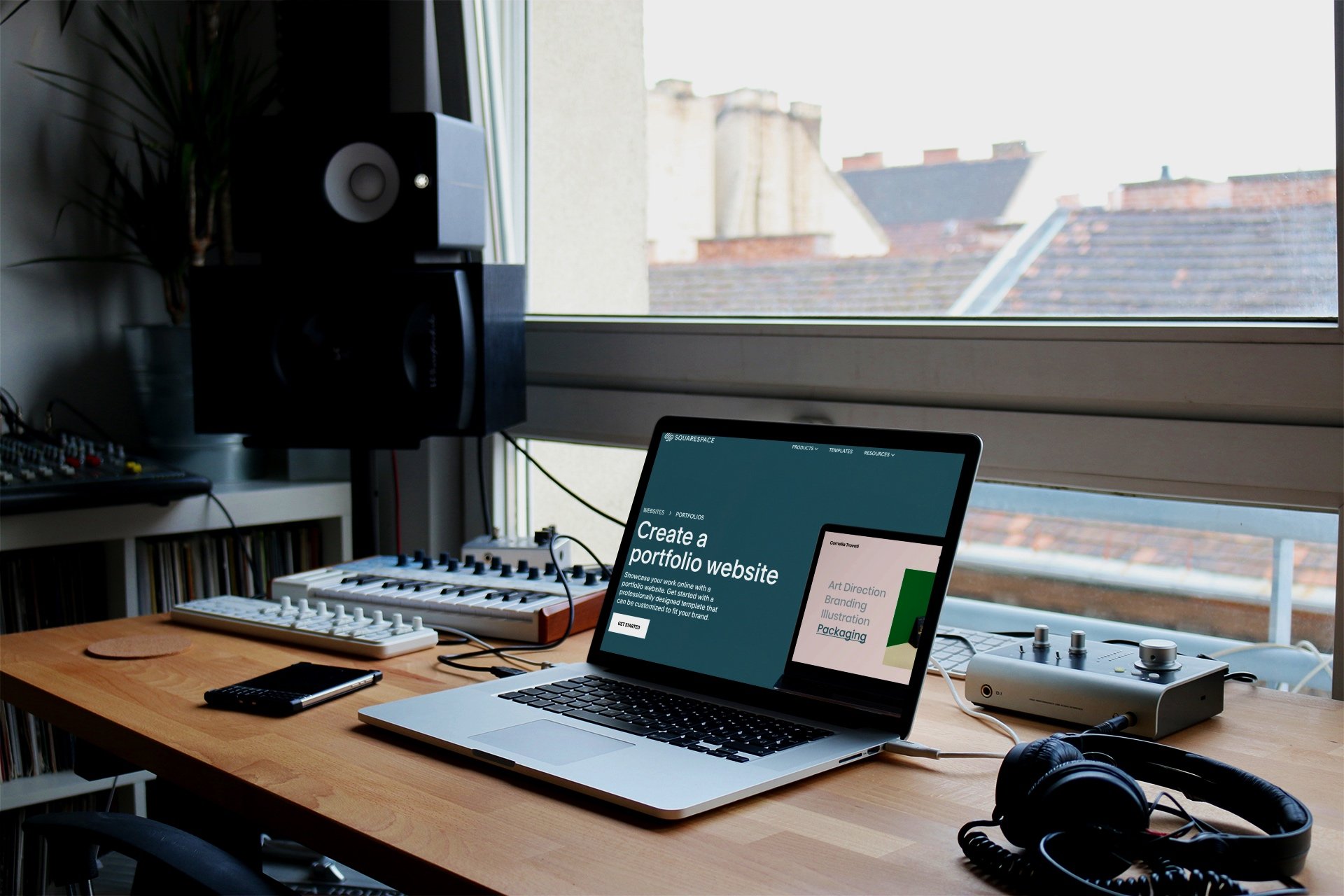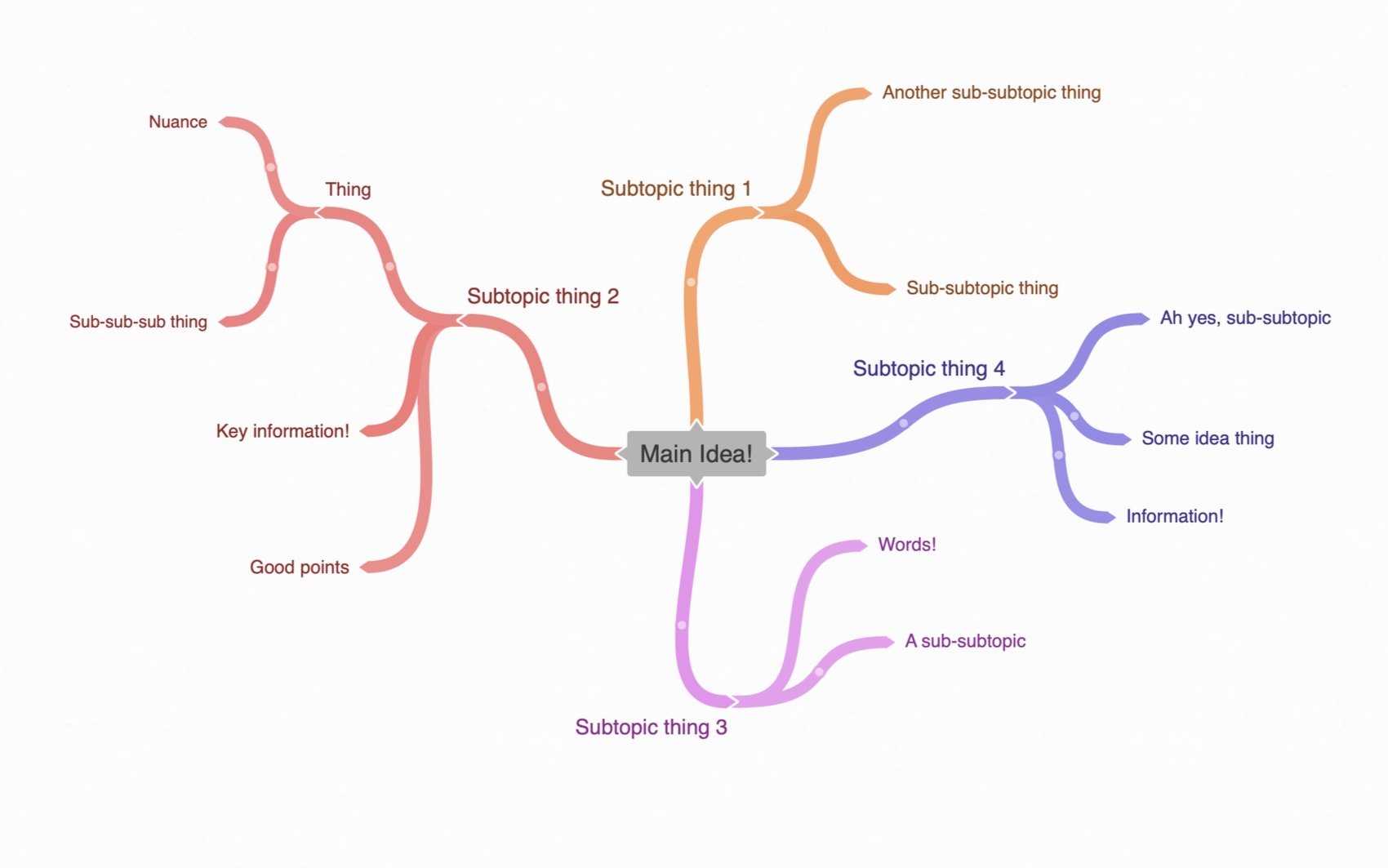How to Improve Musically (12 tips that really work)
Learning how to improve musically can feel pretty straightforward. Just practice more. Focus. Put in the work. But this type of advice is lacking in strategy and finesse.
So welcome to my collection of top tips that actually help to boost musicians skills. Although, I do add some of the obvious suggestions, albeit with some more actionable steps and strategies.
So let’s dive right in, and kick things off with a big: developing a workflow and creativity discipline.
How to Improve Musically (12 tips that work)
I’ve done some digging. I’ve done some self reflection. And I came up with these tips below.
I’m confident that each of these ideas will bring you closer to your musical skill goals. But of course, if you have any more suggestions, let me know in the comments – I’d love to hear from you!
1. Build A System
Systems work. It’s like a customized plug-and-play template for how you do your thing.
Making a creative workflow has boosted my discipline and skill development as a musician.
My system supports better habit formation and addresses bottlenecks like a lack of motivation.
For me, simply setting time aside each day for focused practice and music-making works. It’s a schedule I treat like a job, and I just have to commit.
If I’m feeling unmotivated, I just remember that motivation often comes after action. Not always, but inspiration is sporadic so relying solely on this for getting things done is a horrible strategy.
Have discipline, take action and create motivation. Rinse and repeat until the habit is formed. Fast forward a month, two months, one year…and boom, your musical skills have been seriously elevated.
2. Have the Right Mindset
Creativity requires clarity. And mindset begets clarity.
So when I say mindset, I’m really referring to three main ideas here (and there’s definitely some overlap between them):
A growth mindset
A beginner’s mindset
Cultivating a mindset that’s growth-oriented, creative and is from a beginner framework will boost your inspiration, motivation, enjoyment and ability to overcome challenges.
Having the right mindset has been one of the biggest game changers for me and my music making journey. I used to obsess with perfection and had a serious imposter syndrome issue.
It got to the point where even practicing music and songwriting became stressful and felt pointless.
So get off that TikTok, stop comparing yourself to others and start meditating or working on building a healthy musician mindset.
3. Use Reference Tracks + Mimic Other Artists
I love to lean on reference tracks or music-making processes. Especially when I’m feeling particularly uninspired, stealing some quick inspiration is a fantastic hack.
But it’s not just useful for inspiration. It’s a great way to level up your skills. Here’s the basic concept:
Find a song that sounds like how you want to
Listen to it critically – analyze the sound design, instrument choices, drum loops…everything
Learn it and cover it
Tweak it
Write your own melody – just mimic the structure and main ideas as a reference point
Rinse and repeat, until you find your own flow and confidence
4. Practice (Daily)
No list is complete without this obvious one. But yea, practicing is essential.
But the trick here is to schedule a daily time block and stick to it. Treat it like your job, and commit to this as your practice time.
Developing a habit can take some time and diligence, but there are no shortcuts to greatness.
Remember, (as a wise tweet once read) the difference of talent is often just a difference of how people spend their free time.
5. Try Mental Practicing + Visualization
Mental practice is a fascinating topic. And there’s some equally fascinating research on its effectiveness. But let’s start with what it means exactly.
Mental practice is when you strongly visualize yourself doing a task, feeling the emotions and experience of the thing as if it were really happening. The result?
Your body and brain believes it’s happening and new neural pathways and connections are being created (or reinforced), as if you were actually doing the dang thing. Madness!
Athletes and even business leaders use visualization often, but for our purposes, there’s some interesting research on musicians specifically.
Research from the journal Psychology of Music (2021) showed that mental practice improved long-term memory retention in musicians and reduced the physical workload of playing an instrument.
And according to a study published in Frontiers in Human Neuroscience (2013), musical mental practice improves movement accuracy, timing and performance.
So coupled with actual physical practice (yea, we still need that), mental practice may be a great addition to further improve your musical skills.
6. Challenge Yourself
Plateauing crushes improvement and can even create complacency or boredom – so let’s try to avoid this one.
As musicians, we’re constantly in a creative state, and the more technical skills we learn, the more our creativity can expand.
There’s nothing worse than having a sweet idea in your head, but being unable to transcribe it into real life due to some technical bottleneck, like not knowing digital music production, or not knowing your instrument well enough.
So working within the zone of proximal development is one way to consciously guarantee we’re always improving, and not settling down in comfortable creative stagnation.
Essentially, the zone of proximal development is working in the area just outside your current skill set and includes things that can be learned with just a little guidance.
You’re challenged, but not overwhelmed. And it’s a sweet spot for continued growth.
7. The Protégé Effect
I love this one. I used to recommend it often to my ESL students when I taught English in Japan.
Essentially, by teaching something, you actually become better, more knowledgeable and more confident on the subject matter.
That’s the protégé effect in a nutshell. It’s sort of like playing the role of the teacher, the expert. You deep dive further on topics and are forced to explain difficult things in simple terms.
The trick is to find a student who knows less than you. You may be surprised at just how much you actually do know. Your current skills and knowledge are likely a goal for someone else.
So share that knowledge! (and better yourself in the process)
8. Know the Rules Like A Pro (+ break them like an artist)
Picasso said, not me. But others have echoed it, and it makes sense.
Learn the rules like a pro, then break them like an artist. It’s simple, catchy and a bit inspiring.
So the idea here is to embrace and blend music best practices, structures and technical learnings with creativity, mood and originality.
If you understand the foundations and reasons for why something works (and how to recreate it), then bending those rules to create something new becomes easier and more intentional.
So spend some time learning formulas, theory and “rules” for songwriting. Apply the knowledge. Then toss it all aside and do what you want (while lightly keeping those formal learnings in mind).
9. Focus On Quantity (not quality)
I love this hack. And it can seem backwards, since a keen focus on quality is generally accepted in society (which makes sense for some things, like spending time with friends and family – quality time is key).
And even for music practice – quality, focused practice is important. But there’s a missed opportunity for embracing quantity, not quality in improving musical skills.
The idea comes from a photography professor who split his class into two groups and assigned semester projects to each.
Group A was assigned with the task of creating the single best, most high quality picture.
Group B was assigned with the task of creating the highest quantity of pictures. The more pictures you took (good or bad, doesn’t matter), the better.
The results?
The Group who focus on quantity over quality (group B) ended up also taking the highest quality photos.
I think there are a couple reasons for this. First, it takes away the pressure of trying to create something “perfect”, which somewhat ironically lets you create something amazing.
Second, it’s a numbers game. That is, the more examples and ideations you have of something, the more likely one of those things is going to be better than the others. It’s statistics, the law of averages and the concept of outliers.
And finally, it’s placing focus on practice, repetition and improvement. By the end of creating multiple projects (with a focus on purely output), you get better. It’s simple.
So create more songs – and stop worrying about them being good.
10. Become More Self Aware
If we want to improve musically, knowing where to focus our attention is essential. So a little self awareness will go a long way here.
One quick way to uncover what we’re actually good at – and where we should be placing our attention – is by doing a SWOT analysis for musicians.
A SWOT means identifying your:
Strengths
Weaknesses
Opportunities
Threats
Once you’ve listed out your weaknesses (and you’re being completely honest with yourself), then you can double down on those things through focused practice.
You can work it into your creative workflow and practicing schedule.
Knowing where to put your attention is half the battle. It’s organization and can really lead to impressive improvements in your musical skills.
11. Find What Makes You + Your Sound Unique
Differentiation is a business buzzword, but musicians can lean on this as well to take their skills and brand to the next level.
Essentially, I’m talking about finding your unfair advantage. This unique differentiation can really help you improve musically.
For example, I like to use travel sounds in my songs as unique pieces of ear candy. I also like to use a lot of live acoustic, finger-picked guitar blended with computer-made pop music.
Altogether, these things create a uniqueness that helps me improve musically.
If you’re not sure where to begin, you can start with finding your sound as an artist. From here, you can learn different ways to make your music more interesting.
Because being unique in music is a culmination of skills, experience, self awareness and trying new things. So keep exploring this angle. What makes you unique?
12. Have Fun (stop trying so hard)
Have fun. Generic? Perhaps. Incredibly effective? Absolutely.
Actually, this is something I only recently became more aware of.
Growing up, having fun was always the end goal. It was natural and I wasn’t trying to be anyone or appease any algorithms.
But something changed when I decided to start taking music more seriously. It become more stressful and I found myself comparing my songs to others (in an unhealthy way).
I felt like I wasn’t good enough and what was once pure enjoyment and creative catharsis turned into anxiety.
So I’ve become hyper-aware of this negative thought cycle, and I’ve been reversing my mindset.
I stopped stressing. I stopped comparing (although, reference tracks and inspiration are still great).
Whenever I feel those anxious moments creeping in, I take a pause, and consciously put myself into a I’m-having-fun-and-who-cares-what-anyone-thinks mindset.
It sounds too simple. It’s not the sexiest of methods for upping your music skills, I know. But dammit, it works.
So have fun. Do you.
Want More? Check Out These Sweet Reads!




